Moving abroad for studies is exciting, but it comes with a long checklist of tasks. When I applied to Uppsala University Campus Gotland, I had little idea how many steps were involved, from submitting my application to finally getting BankID (which is essential for life in Sweden). If you’re planning to study here or have just arrived, this timeline might help you understand what to expect.
Application & Admission Phase
- Application Submission: 09 January 2025
The official deadline was January 15, and you can make changes to your application, like adding or removing programs, changing the ranking of your selected programs, and editing your personal details, until the deadline, even after submitting.
- Submitting Documents: 02 January 2025
The official document deadline was 03 January 2025. After submitting your application, you still have a few more days to submit your documents. I had a few complications with mine, so I had to submit them at the last moment. Don’t let this happen to you!
Results & Tuition
- Admission Results: 03 April 2025
Note that the date of publication of results is different for Master’s programs and Bachelor’s programs. It was the 27th of March for Master’s programs this year. Make sure you keep your email notifications on because this is The Big Day!
- Paying the First Instalment of Tuition Fee: 16 April 2025
If you are required to pay tuition fees, the payment confirmation is crucial for your residence permit application. Keep in mind that Migrationsverket takes a bit longer than usual to process applications during the summer vacations. I paid mine as early as possible to ensure I had enough time for my visa process.
Visa Process
- Applying for Visa: 02 May 2025
The earlier you start, the better!
- Receiving the Email requesting to provide Biometrics: 08 May 2025
Since my country didn’t have a Swedish Embassy, I had to visit the Swedish Embassy in India to provide biometrics.
- Providing Biometrics: 23 May 2025
Fortunately, I didn’t have to face an interview. Booking an appointment was not required to provide biometrics, but it is necessary if you need to attend an interview. Also note that these requirements can vary depending on the embassy and your application year.
Housing
- Applying for Housing (UUHO): 15 May 2025
If you are required to pay tuition fees, you are guaranteed housing through the Uppsala University Housing Office (UUHO), which provides housing in both Uppsala and Visby. Make sure you pay your first instalment of tuition fee on time to get the advantage of this benefit.
- Housing Decision: 02 June 2025
Visa Decision & Travel
- Visa Decision: 02 June 2025
I was lucky to get my Visa in one month, but these processes can vary widely. It’s always a good idea to check the Migrationsverket website for the most up-to-date information on estimated timelines.
- Booking Flight Tickets: 03 June 2025
I booked my flight seats as soon as my Visa was granted with excitement and to secure a better rate.
- Residence Permit Card Arrival at the Swedish Embassy in Delhi: 12 July 2025
- Collecting my RP Card at the Swedish Consulate in Sri Lanka: 23 July 2025
I didn’t have to visit the Swedish Embassy in India to collect my RP card because they sent it directly to the Swedish Consulate in Sri Lanka.
- Arrival in Visby: 24–25 August 2025
It was finally time for the move. I left Sri Lanka on the 24th of August and landed in Visby on the 25th. It was almost a 24-hour journey with 2 layovers.
Settling in Sweden
- Applying for Personal Number: 27 August 2025
You can get a Swedish Personal Number if your program lasts for more than a year. An appointment was not needed to visit Skatterverket (The Swedish Tax Office) in Visby to apply for the personal number but booking one can make the process easier and more convenient. You can book an appointment through Skatterverket’s website. It’s recommended to do this as early as possible because the steps leading up to getting a Swedish BankID can take quite a long time.
- Receiving the Personal Number: 26 September 2025
- Applying for a Swedish ID Card: 02 October 2025
You cannot apply for an ID without an appointment at Skatterverket and your personal number.
- Getting ID Card: 10 October 2025
Banking & BankID
- Applying to ICA Bank: 03 October 2025
ICA Bank is a very student-friendly bank, offering multiple benefits for students, especially when shopping at ICA grocery stores and Apotek Hjärtat pharmacies. Unfortunately, ICA Bank doesn’t have any physical branches and cannot issue BankID unless you already have one or are a Swedish citizen. Since BankID is required to register and use the app, you can still apply for a student account using your personal number on their website while waiting to get BankID from another bank.
- Getting an appointment with LF Gotland: 13 October 2025
It is often said that your life in Sweden truly begins once you get BankID. BankID is the most essential and sometimes the only verification method for accessing many services in Sweden. It can be hectic waiting for a long time to get an appointment at a bank to get BankID. But I found LF Bank to be very quick in this process.
- The date of Appointment and Submitting Documents: 14 October 2025
- Getting Bank Account, BankID & Swish: 22 October 2025
Finally, my life began in Sweden!
- ICA Bank Card Arrival: 24 October 2025
The entire process sounds overwhelming. But planning and keeping track of deadlines makes it manageable. The key is to start early, especially with tuition payments and visa applications, because these steps unlock other essentials like housing and your residence permit. Once you arrive, focus on getting your personal number and ID card, as they are prerequisites for banking and BankID. Remember to check official sources always and stay flexible. With patience and preparation, settling into life in Sweden becomes a smooth and rewarding experience.
Disclaimer: This blog is based on my personal experience as an international student at Uppsala University Campus Gotland. It is not a promotion or criticism of any brand or service mentioned. Timelines and processes may vary depending on your country, year of application, and individual circumstances.
Good Luck with your journey to Sweden!


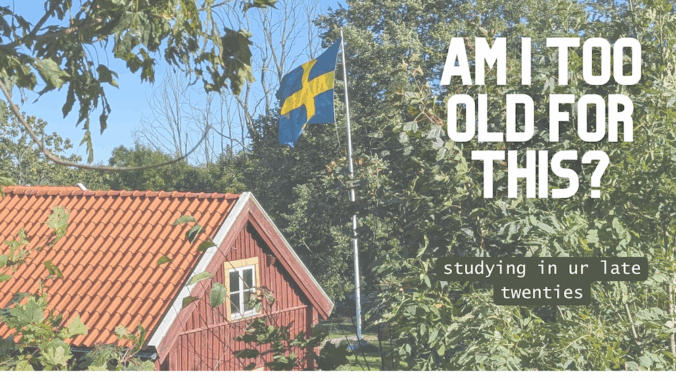

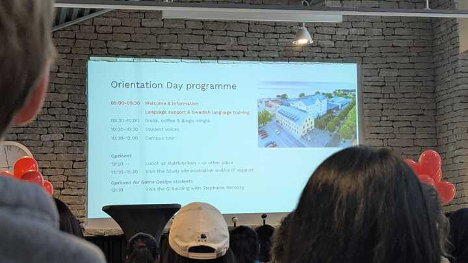
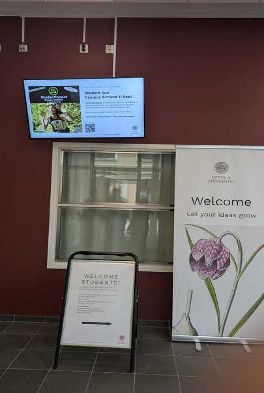
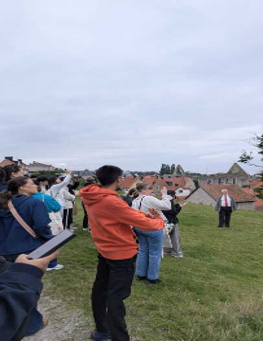
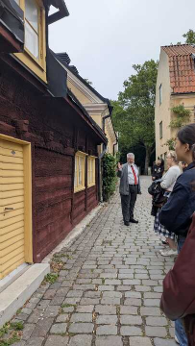
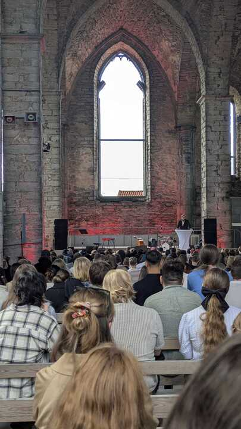
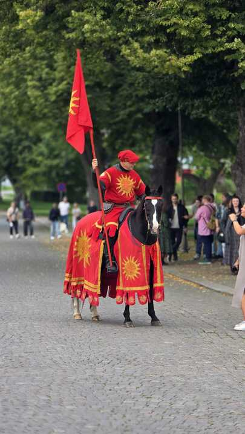
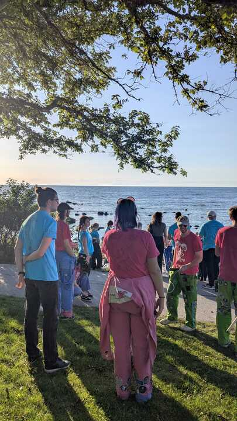
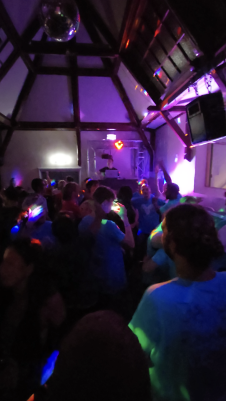
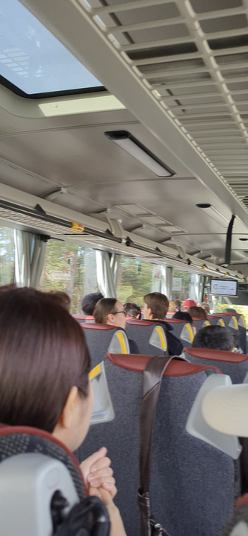
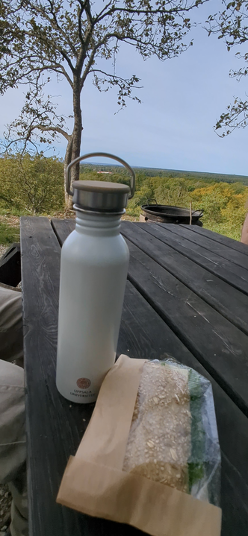

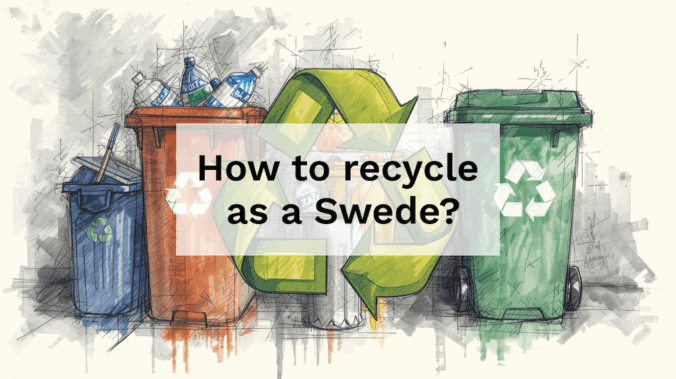
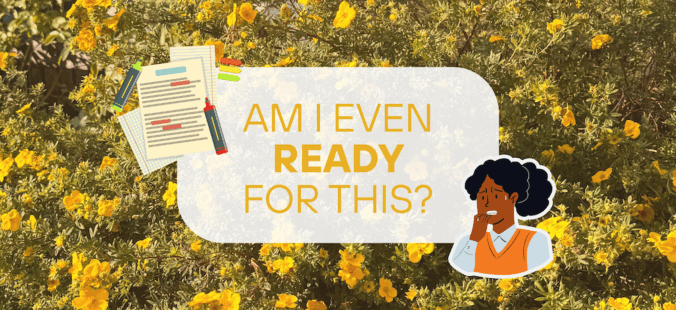
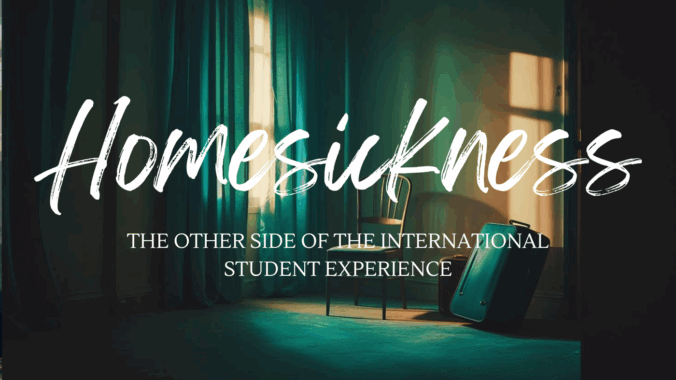


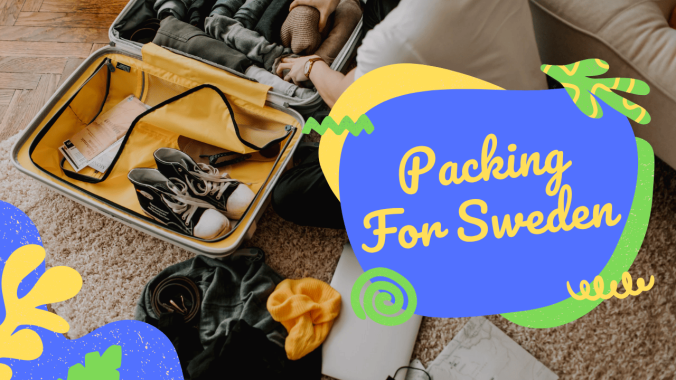
Recent Comments